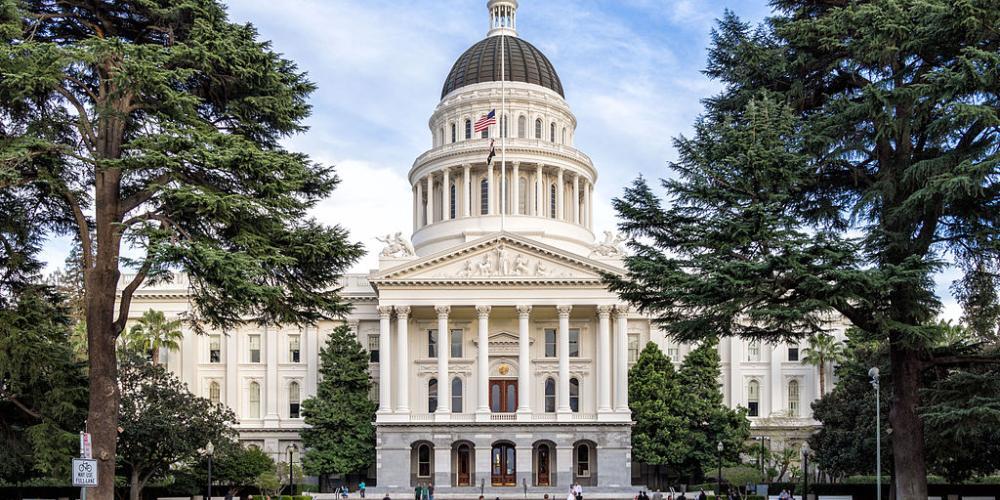Local-News Advocates Call on California's State Assembly to Reject the CJPA

Andre M via Wikipedia
Contact: Timothy Karr, 201-533-8838
SACRAMENTO — On Thursday, a coalition of local-news outlets, publishers and journalism advocates urged lawmakers to oppose the California Journalism Preservation Act (CJPA), which will soon go before the full California State Assembly for a vote.
“[W]e believe that the bill as currently written would fail to address the issues it purports to solve and would also exacerbate existing problems, ultimately harming both the state’s local and community-serving media ecosystem and the open internet,” the signers wrote in a letter to the CJPA’s cosponsors and the members of the California Legislative Black Caucus and the California Latino Legislative Caucus. “The proposed legislation would make it harder for Californians to access trusted, verifiable, independent public-interest news. The bill would also incentivize the spread of clickbait and misinformation while simultaneously making it harder for social-media platforms to remove toxic content.”
Read the entire letter here.
The letter was signed by Free Press Action, Access Humboldt, The Alameda Post, the Computer & Communications Industry Association, Creative Commons, CrosstownLA, El Tímpano, Local Independent Online News (LION) Publishers and The Times of San Diego, among others.
The state legislation — whose proponents include large corporate media outlets that have a proven record of divestment in journalism — is modeled in many respects after the Journalism Competition and Preservation Act, federal legislation that failed in the last Congress after facing strong opposition from civil- and digital-rights groups, small publishers and community advocates.
Like the federal bill, the California legislation would provide giant giveaways to the same corporate conglomerates, hedge funds and out-of-state publications that have destroyed local news, write the letter’s authors:
“The CJPA ultimately incentivizes the production of clickbait content in lieu of local journalism, rewarding incumbent corporate and hedge-fund-owned conglomerates based on the number of page views they attract rather than the quality of their work or the number of journalists they employ.”
Free Press Action California Campaign Organizer Florín Nájera-Uresti said:
“Californians need better access to high-quality local reporting to participate in civic affairs, share their stories, connect with fellow community members and ensure public accountability. The destruction of local news across the state threatens the most fundamental of civic democratic values. And these deprivations have fallen hardest on low-income people, people of color, rural communities and non-English speakers. But the CJPA wouldn’t address these problems.
“Instead this bill would reward information providers both inside and outside of California for the sheer number of views they get, or times their links are displayed — not whether their content is actually performing public-service journalism. This would drown out local and community-responsive content and replace it with a race to the bottom — incentivizing production of the cheap clickbait content already driving too much news coverage on air, in print and online.
“The advertising-driven news model already motivates publishers and platforms to maximize cheap and sensationalist content over local-accountability journalism. Passing the CJPA would only make matters worse.
“We commend state lawmakers for their interest in addressing the drastic decline in local public-service journalism. But legislation that primarily benefits TV conglomerates, hedge funds, out-of-state publications is not the answer. And we don’t need to subsidize large publishers producing low-quality content. That’s why community-centered publishers signed this letter: Because the CJPA wouldn’t help those local journalism outlets that are most in need of public-policy interventions.
“California residents need policies that would expand public-interest journalism and increase the number of journalists covering their communities. They don’t need a bill that would exacerbate the spread of low-value or outright harmful content — including disinformation — and make it harder for people to access trustworthy news.”